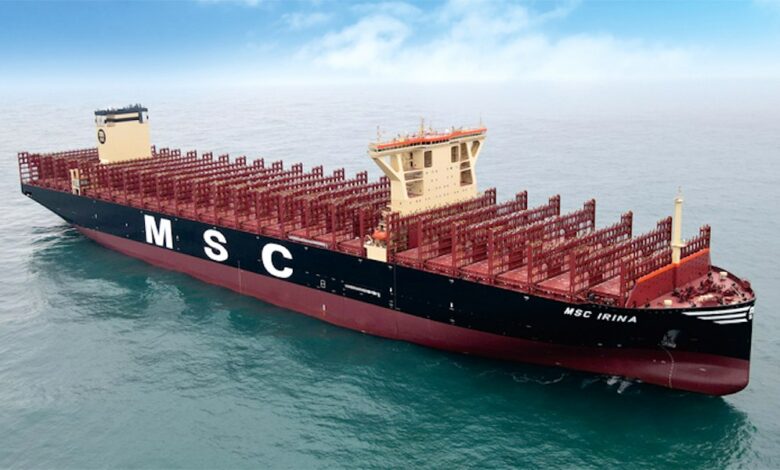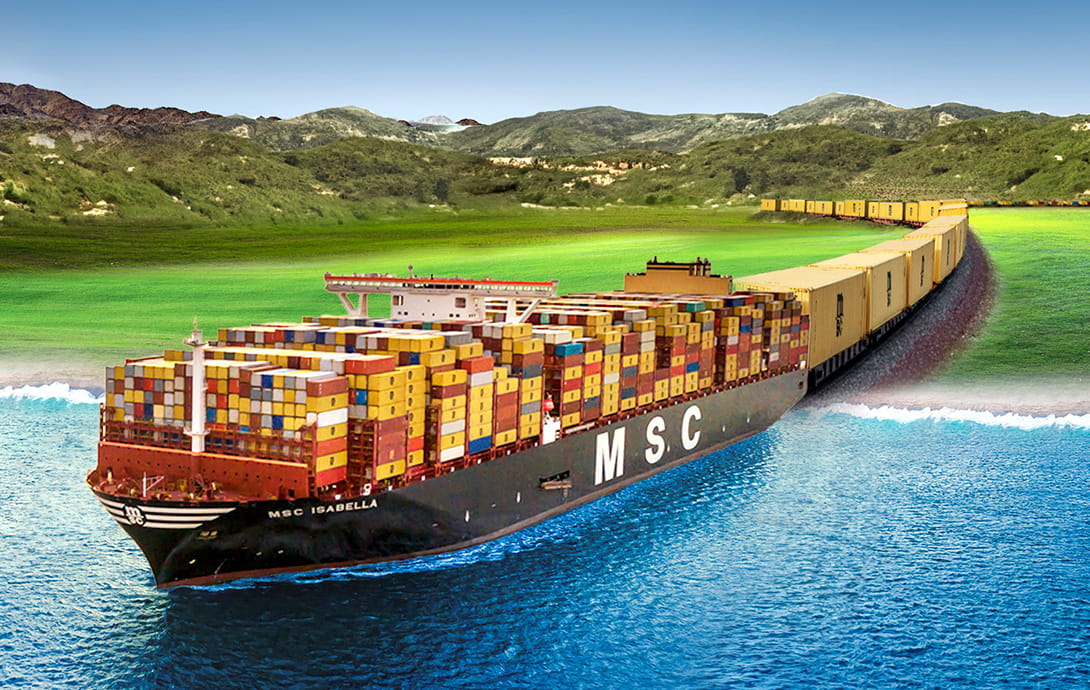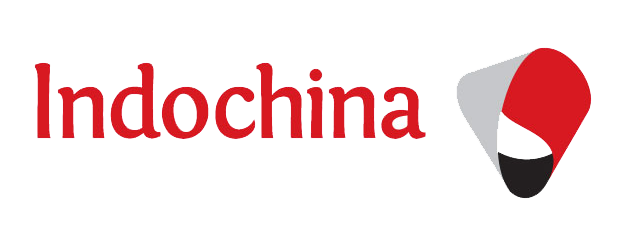MSC expands megamax fleet with $1.2bn China deal
MSC Ramps Up Megamax Expansion with $1.2 Billion LNG-Fueled Shipbuilding Deal in China
Strategic Move and Order Details
Mediterranean Shipping Co (MSC), led by founder Gianluigi Aponte, has placed a major order for up to six LNG dual-fuel megamax containerships at China Merchants Heavy Industries (CMHI) in Haimen. Each vessel is estimated to cost over $200 million, bringing the total potential value of the order to $1.2 billion.
According to shipbuilding sources, the deal includes three firm orders and three optional vessels, each with a capacity of 22,000 TEU and equipped with state-of-the-art LNG dual-fuel propulsion systems with Type-C containment tanks — meeting top-tier safety and environmental standards.

Delivery Timeline and Technical Features
Deliveries of the first three vessels are expected to commence in 2027. This order represents CMHI Haimen’s debut in the large boxship construction segment, a significant step in the yard’s move into ultra-large container vessel (ULCV) manufacturing.
MSC’s Fleet Growth Strategy
MSC is currently the largest container carrier in the world, commanding roughly 20% of global capacity. The company operates a fleet with a total capacity of 6.67 million TEU, including vessels under construction. With an orderbook exceeding 120 vessels, MSC is set to boost its fleet by more than 2 million TEU in the coming years.
Earlier in 2025, MSC also placed LNG dual-fuel megamax orders at Zhoushan Changhong International Shipyard and Hengli Heavy Industry, covering ships between 21,700 TEU and 24,000 TEU, with deliveries scheduled for 2028 and 2029.
If all current megamax orders are confirmed, MSC will have over 60 newbuilds in the 19,000–24,000 TEU range, significantly increasing its footprint in the ultra-large segment.
China’s Role in the Global Shipbuilding Market
This order not only boosts MSC’s future capacity but also positions China Merchants Heavy Industries among the key global players in the ULCV shipbuilding segment. Hengli Heavy Industry, which has already secured a series of MSC megamax orders, continues to ramp up its infrastructure and production capacity to meet these demands.
Geopolitical Backdrop
Despite rising geopolitical pressure from the United States to reduce reliance on Chinese shipbuilders, MSC remains committed to Chinese yards. According to Marie-Caroline Laurent, Director General of CLIA Europe, speaking at Nor-Shipping 2025, European operators like MSC are proceeding with large-scale Chinese deals, driven by cost, speed, and technical expertise.
Environmental and Technological Transition
The latest orders reflect MSC’s commitment to decarbonization and environmental compliance. LNG dual-fuel propulsion significantly reduces emissions of sulfur oxides (SOx), nitrogen oxides (NOx), and CO₂. As of mid-2025, the global container sector has 188 LNG-fueled containerships in operation, with an additional 345 on order — a strong signal of the industry’s shift toward greener technologies.

Competitive Landscape and Strategic Independence
This expansion comes as MSC increasingly pivots toward independent operations, having ended its 2M alliance with Maersk in early 2025. With full control over its East–West services, MSC is aligning its fleet development strategy with long-term autonomy and competitiveness.
Market Implications
By growing its LNG-powered megamax fleet, MSC is setting a benchmark for global competitors like Maersk, CMA CGM, and COSCO. The company is capitalizing on lower newbuilding prices in China, favorable delivery slots, and technology advances to fortify its leadership in global container shipping.
Conclusion
MSC’s latest $1.2 billion order signals a bold step in its megamax fleet expansion and green transition strategy. By partnering with Chinese shipbuilders despite political headwinds, MSC is prioritizing scale, speed, and sustainability. The move reinforces its dominance in the industry and accelerates China’s ascent in the high-value shipbuilding sector.

